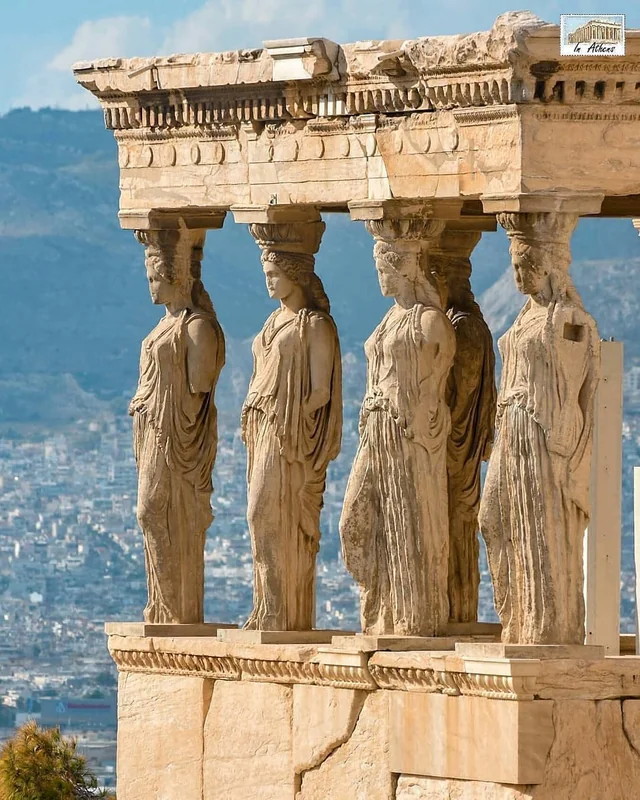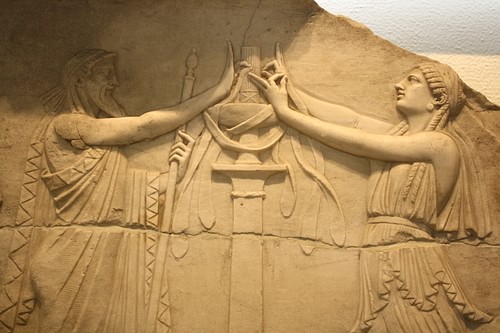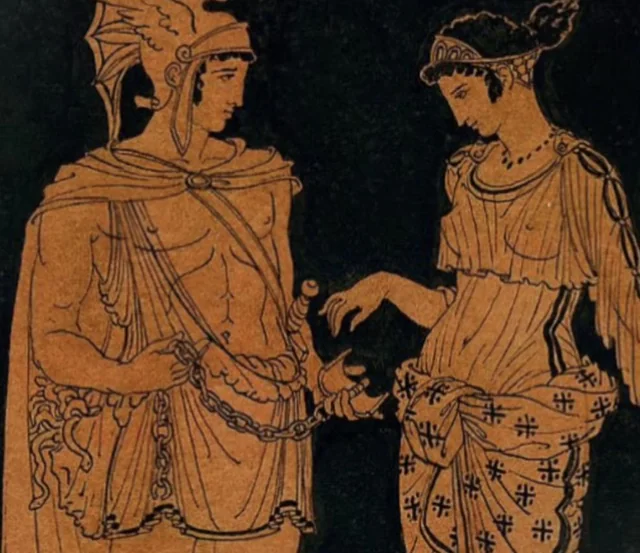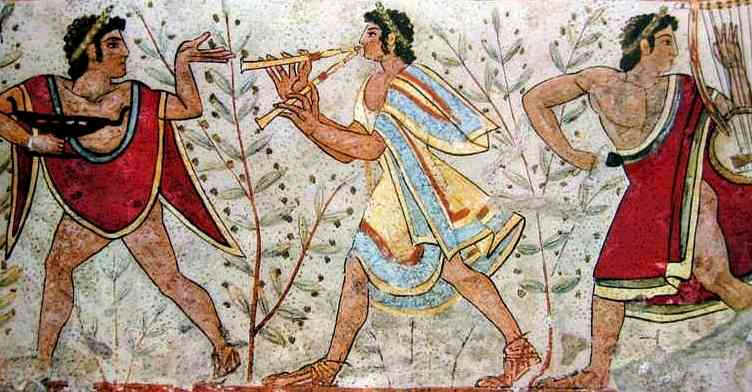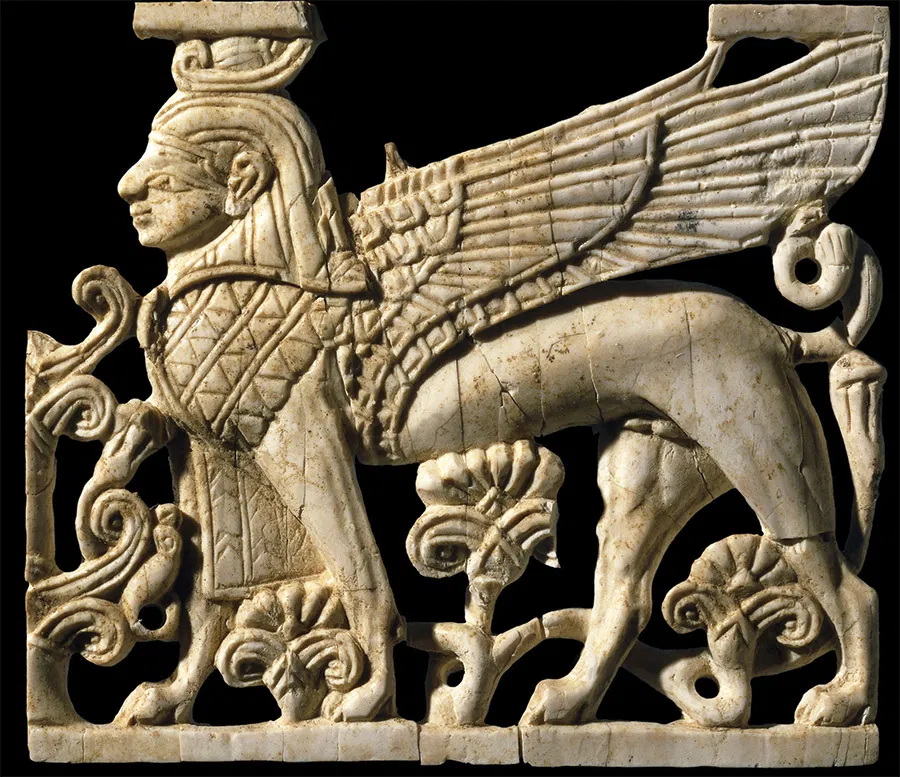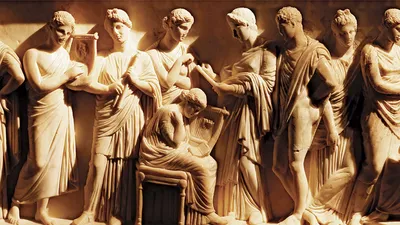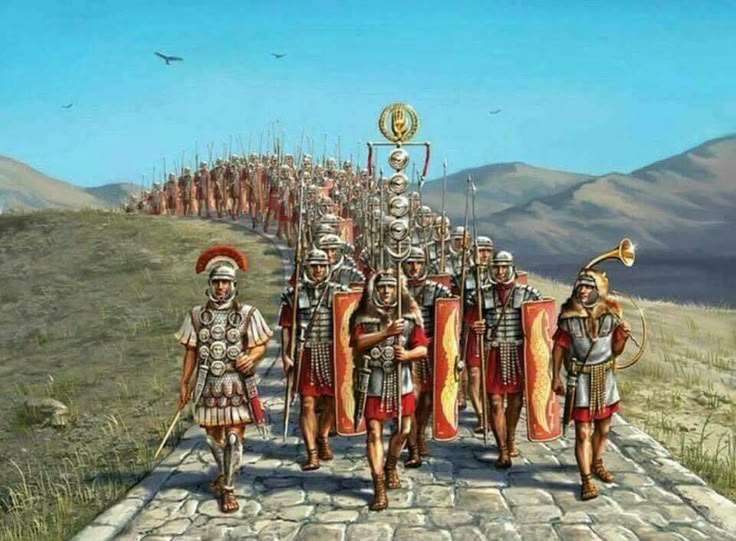Ancient Greeks
Greece in Italy
The relationship between Greece and Italy goes back a long way, to the colonization of the Magna Graecia (meaning "Greater Greece") area by ancient Greeks. And it endures today, with Greek communities in cities across Italy.
Aka Grecanici
The Griko people, sometimes spelled Griko, or Grecanici, are a Greek community in southern Italy who speak Griko. They derive from the Southern Italian group who migrated to Greece between the 15th and 17th centuries, most notably during the Venetian period of occupation of the territory. The Griko territory is reduced to a fraction of its ancient size but includes the southern portion of the Province of Reggio Calabria and the small municipality of Rosarno, some kilometers north of the capital. The Greeks first began to colonize Southern Italy in the 8th and 7th centuries BC. Some major cities that still exist to this day were founded by the Greeks. Naples (from Neapolis meaning “New City”), Syracuse, Acragas, Sybaris, Tarentum (Taras), Croton, and Bari (Barion) to name a few. Locals still speak Griko, a dialect of Greek that is mutually comprehensible with modern standard Greek. It represents a strong linguistic and cultural identity highly appreciated as a real connection between Mediterranean Culture and Southern Italy.
Griko’s culture
Though otherwise very similar to the rest of Greece, the Griko people of Italy have retained and continued their ancient language and traditional culture. The tightly knit villages in which they have lived for thousands of years maintain a unique sense of time as well as a strong tradition of honoring ancestors. The Griko have no writing system. They have a rich folklore and oral tradition which is handed down from one generation to the next by means of epic poems, wedding songs, lullabies, and children's games, as well as in socially established forms for public events such as funerals and marriages. Nowadays, the Griko people are mostly Catholics who adhere to the Latin Rite.
